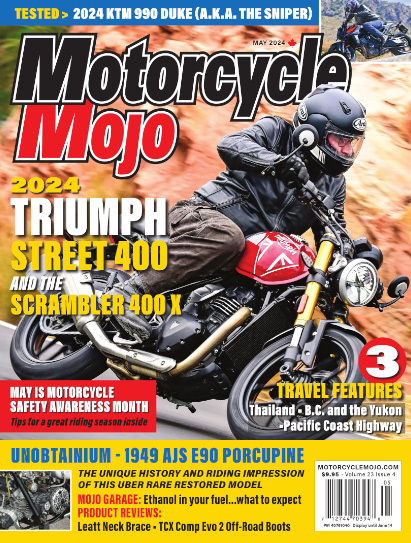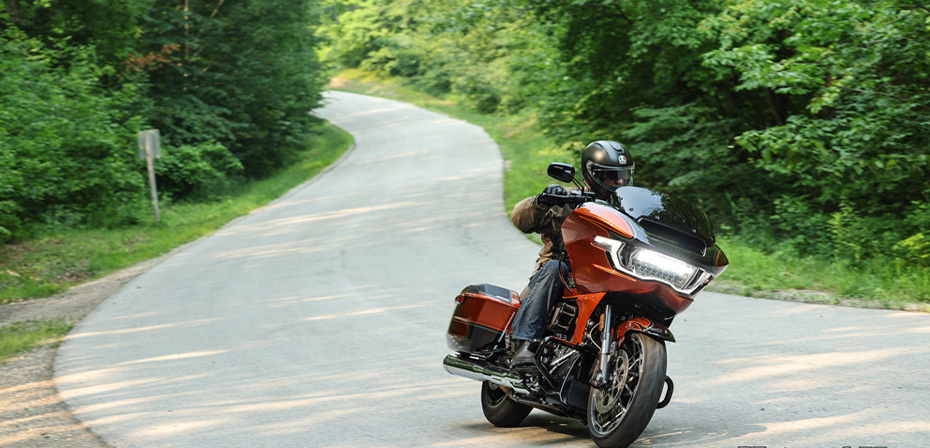Could the future of the CVO program be the introduction of heavily revised models?
You probably don’t know it, but you can tie a link from luxo-tourers like the BMW Grand America, the Honda Gold Wing, and the Kawasaki 1700 Vaquero, all the way back to 1969. That year, Harley designers developed the batwing fairing and installed it on the FLH 1200 Electra Glide. They might not have known it at the time, but when they did that they created the original long-distance touring bike. The FLH already had fibreglass saddlebags, a large touring saddle and floorboards, but the batwing fairing gave it distinctive touring-bike styling, and it provided better wind protection for extended time on the road. Harley-Davidson did not invent the motorcycle, but it did invent the modern touring motorcycle.
Harley is tied to tradition, however, and while the Milwaukee-based Motor Company has made major technological improvements to its touring models over the decades, styling has remained largely untouched. The company walks a very fine line when it comes to making big changes, especially to the styling of its big twins, always considering the effect potential alterations will have on its feverishly loyal customers. Making drastic changes to styling, or to certain fundamental Harley hallmarks — like the mighty 45-degree, pushrod V-twin — might attract new riders, but they might also put off its devout followers, of which there are plenty.
Introduction of the CVO

Harley’s CVO division (Custom Vehicle Operations) was created in 1999 as an outlet to offer factory-customized models utilizing the company’s vast selection of parts and accessories. The first models to come out of the CVO design centre were the FXR2 and FXR3, both in very limited numbers (1,800 examples total), and both based on the FXR model, which hadn’t been in production since 1995.
Aside from being exclusive models, Harley had thrown every accessory in the book at them and gave them flashy custom paint jobs — and charged an appropriately high price. The customizing branch has since evolved into a showcase of Harley’s newest technology and high performance, through a handful of limited-edition specials based on regular-production models.
Departing CVO Tradition

The CVO Road Glide’s frame-mounted fairing looks taller top to bottom, and it has a large opening below the windscreen that directs airflow into the cockpit to reduce buffeting. The windshield has been laid down at a very shallow angle, and now “floats” atop the fairing for an overall lighter appearance. The twin LED headlights and tacked-on turn signals of the…
























